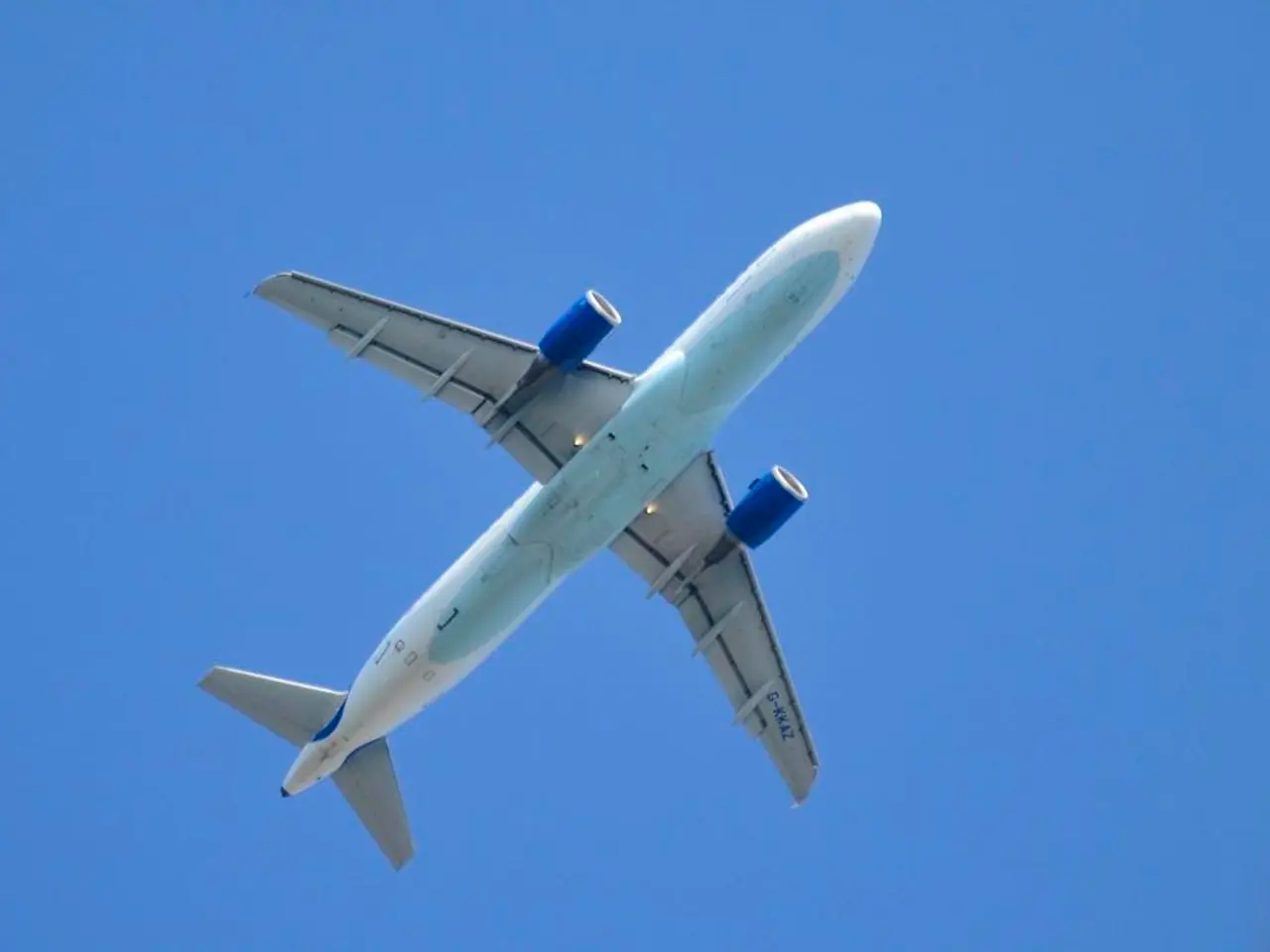Canada Decides to Officially Acknowledge Palestine as a Sovereign Nation
The Israeli-Palestinian conflict continues to be a source of controversy, as evidenced by the recent decisions of several G7 nations regarding the recognition of Palestine.
In a significant move, Prime Minister Mark Carney of Canada announced plans to recognize Palestine as a state at the 80th session of the UN General Assembly in September 2025. This decision follows a similar announcement by France, which has pledged to recognize Palestine in September 2025, making it the first G7 country to do so. The United Kingdom has also indicated its intention to recognize Palestine under certain conditions.
The Israeli government's response to Canada's decision underscores the complex and contentious nature of the Israeli-Palestinian conflict. The Israeli government stated that the recognition of Palestine could hinder the release of hostages held by Islamists in the Gaza Strip. This implies a concern that the recognition of Palestine could escalate tensions in the Middle East.
The Israeli government's criticism of Canada's decision suggests a disagreement with Canada's foreign policy regarding Palestine. The Ministry of Foreign Affairs in Israel criticized the shift in Canada's policy as a reward for the Palestinian terrorist organization Hamas. The Israeli government views the recognition of Palestine as a negative development in the context of the ongoing Gaza war.
Canada's decision to recognize Palestine is in response to the increasingly bleak prospects for a two-state solution in the Middle East. The two-state solution refers to Israel and an independent Palestinian state coexisting peacefully side by side. The Israeli government's stance on Canada's decision could potentially impact relations between the two countries.
It is important to note that not all G7 countries have made similar announcements. As of July 2025, besides France, Canada, and the UK, no other G7 countries have announced recognition plans for Palestine. The U.S., Germany, Italy, and Japan have not made such announcements.
Britain has threatened Israel with recognizing Palestine if Prime Minister Benjamin Netanyahu's government does not end the Gaza war and the suffering of the Palestinians. This threat follows a similar stance taken by Norway, Spain, Ireland, and Slovenia, which have announced recognition following the Gaza conflict, though these are not G7 members.
Prime Minister Mark Carney's statement regarding recognizing Palestine is a statement of intent from his government. However, a scenario exists where Prime Minister Carney could reverse his decision, although he cannot imagine that happening at the moment.
The recognition of Palestine is following France's lead. The French government's announcement last week set off a wave of similar decisions by other nations, signalling a potential shift in global policy towards the Israeli-Palestinian conflict.
As the situation in the West Bank and the humanitarian catastrophe in the Gaza Strip continue to be a source of concern, the recognition of Palestine by G7 nations could mark a significant step towards a resolution of the conflict. However, the Israeli government's opposition to these decisions underscores the challenges that lie ahead in achieving peace in the region.
The recognition of Palestine by G7 nations, such as Canada and France, is a part of the ongoing policy-and-legislation discussions and general-news headlines, reflecting political shifts regarding the Israeli-Palestinian conflict. The Israeli government's critical response to these decisions suggests a divergence in foreign policies between these nations and Israel.






